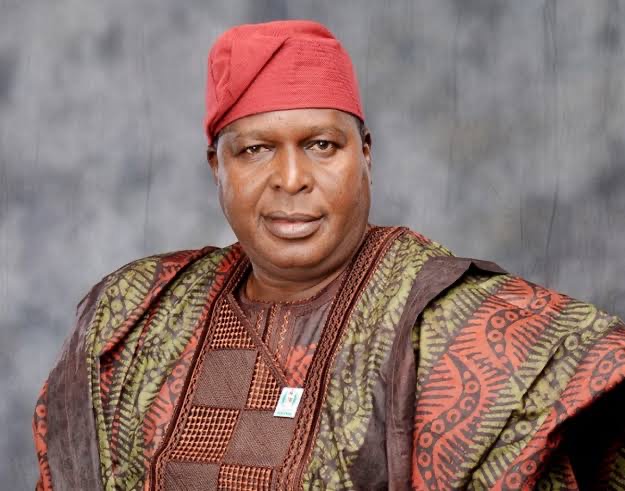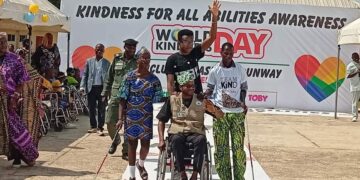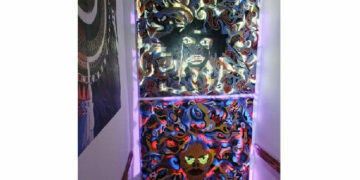Nigeria has shared cultural strategy tips with Zimbabwe.
The director general of the National Council for Arts and Culture (NCAC), Otunba Olusegun Runsewe, shared Nigeria’s strategy to promoting and preserving her culture with the Zimbabwe National Defense University.
The Zimbabwean team were on a military course training in Nigeria, and three other countries, and made a courtesy call to the National Council of Arts and Culture (NCAC).
Responding to questions on how Nigeria has continued to preserve her cultures in the face of western culture invasion, and her strategies to promoting Nigeria to Africa and the world, Runsewe said Nigeria’s culture is its brand identity, one that its citizens ‘carry around everywhere they go’.
“We have tried to use the Nigerian culture to sell our image and to keep our heritage. Our culture is our selling point because our cultural content is our brand identity, which our tourism will sell to the world. Anywhere I go in the world, I wear Nigerian traditional wears throughout my time there.
“We take our culture everywhere we can. There is a mistake in Africa I am trying to change. And that is that every human is creative, but we have not understood that. Every day we talk about formal education PhD, MSc, LLB etc.; but someone can be creative enough to produce an art or crafts work and make money from it. What we are doing in Nigeria is that within the 36 states and the FCT, we have set up a skills acquisition programme in every state. Every state must be able to show their strength.
“We have done a global Strength, Weakness, Opportunities and Threats (SWOT) analysis, we looked at the SWOT of each state, put them forward, and develop those advantages to foster the art and heritage of the culture,” Runsewe said.
On how Nigeria’s culture has impacted national security, Runsewe said it took the government’s strategy through sports and culture, in particular the latter through the establishment of the annual National Festival of Arts and Culture (NAFEST), FESTAC 1977, post the nation’s civil war to ensure unity.
Nigeria, he said, also educates her citizens on the negative effects of crisis, which include foreign capital and investment flights, which leads to loss of jobs.
Speaking at the event, head of the Zimbabwean delegate, Brigadier General Tendai Darutwe, said Zimbabwe and Nigeria have always enjoyed good relations since before Zimbabwe’s war of liberation before 1980.
“Our relations have remained strong till today. We are here to study, compare notes and look at the socio-economic and political environment of Nigeria, with the view to improve ours, this is all part of the course we are here to study,” said General Darutwe.





